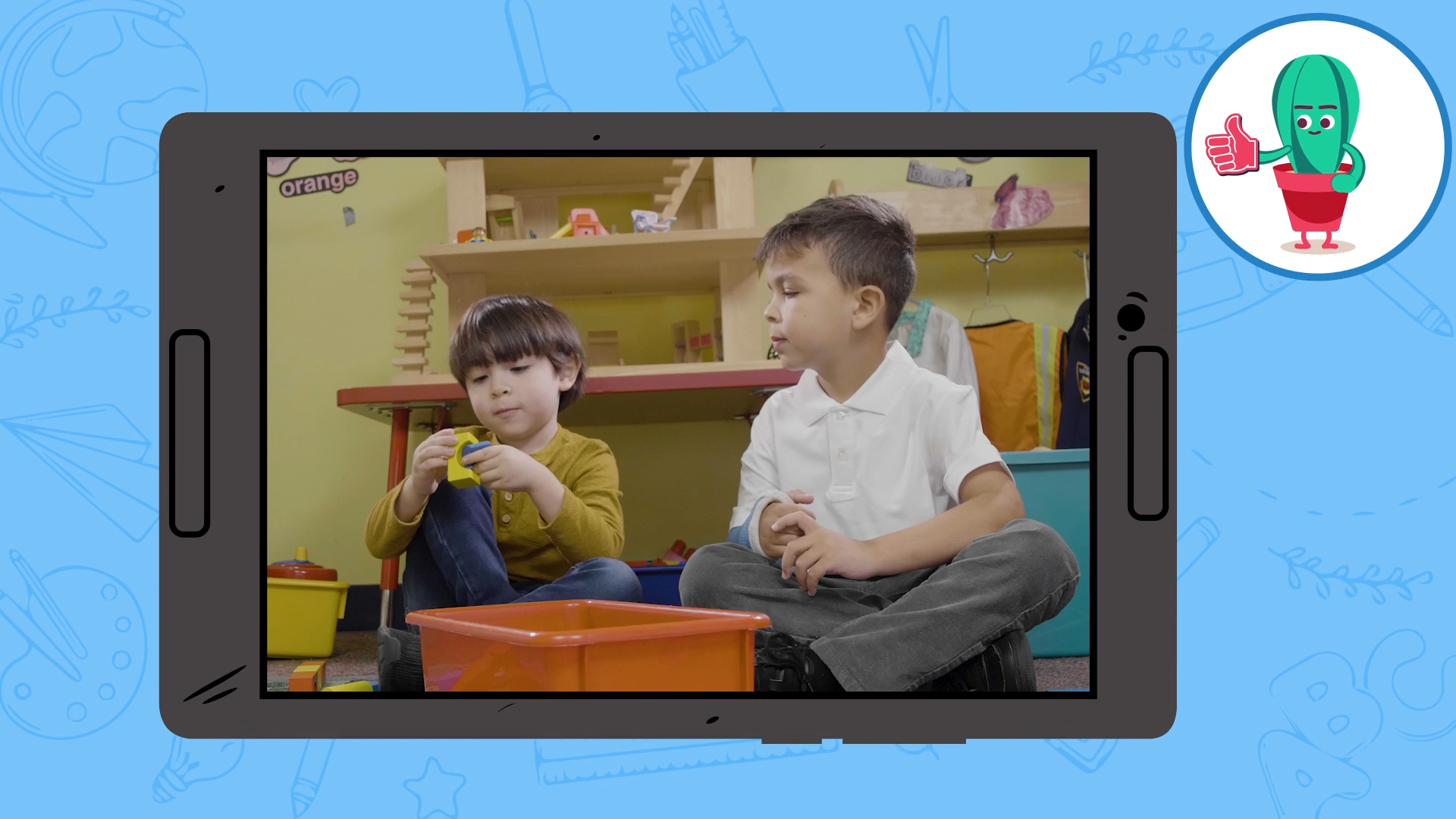
In this blog post, we will explore the concept of sharing toys and how it can be taught to students in special education. Sharing is a crucial social-emotional skill that helps students build positive relationships with their peers. By incorporating principles of Social-Emotional Learning, we can help students understand the importance of sharing, empathize with others, and improve their social interactions.
No-Prep Activity: The Sharing Circle
This activity requires no preparation or materials from the educator. To begin, have the students sit in a circle. Explain that each student will have a chance to hold a chosen object (e.g., a ball) and share it with the person next to them. The goal is for the object to make its way around the entire circle.
As the object is passed, encourage the students to make eye contact and use polite language, such as “Please” and “Thank you.” This activity not only teaches the concept of sharing but also helps students practice good manners and social skills.
Discussion Questions
- Why is sharing important in building friendships and positive relationships with others?
- How do you feel when someone shares their toys or belongings with you? How do you think others feel when you share with them?
- Can you think of a time when you had difficulty sharing? How did you handle the situation?
- What strategies can you use to make sharing easier and more enjoyable for everyone involved?
- How can we support our classmates in learning to share and cooperate with others?
Related Skills
In addition to sharing toys, students in special education can benefit from learning other related social-emotional skills, such as:
- Empathy: Understanding and sharing the feelings of others.
- Active listening: Paying close attention to what others are saying and responding appropriately.
- Cooperation: Working together with others to accomplish a common goal.
- Conflict resolution: Addressing disagreements and finding a solution that benefits everyone involved.
- Respect: Treating others with kindness and consideration, regardless of their differences.
Next Steps
By teaching students the importance of sharing toys and incorporating principles of Social-Emotional Learning, we can help them build strong, positive relationships with their peers. To further support your students’ social-emotional development, consider signing up for free samples of skill-based activities and resources at Everyday Speech. These materials can be tailored to meet the unique needs of your students in special education and provide them with the tools they need to succeed both inside and outside the classroom.

